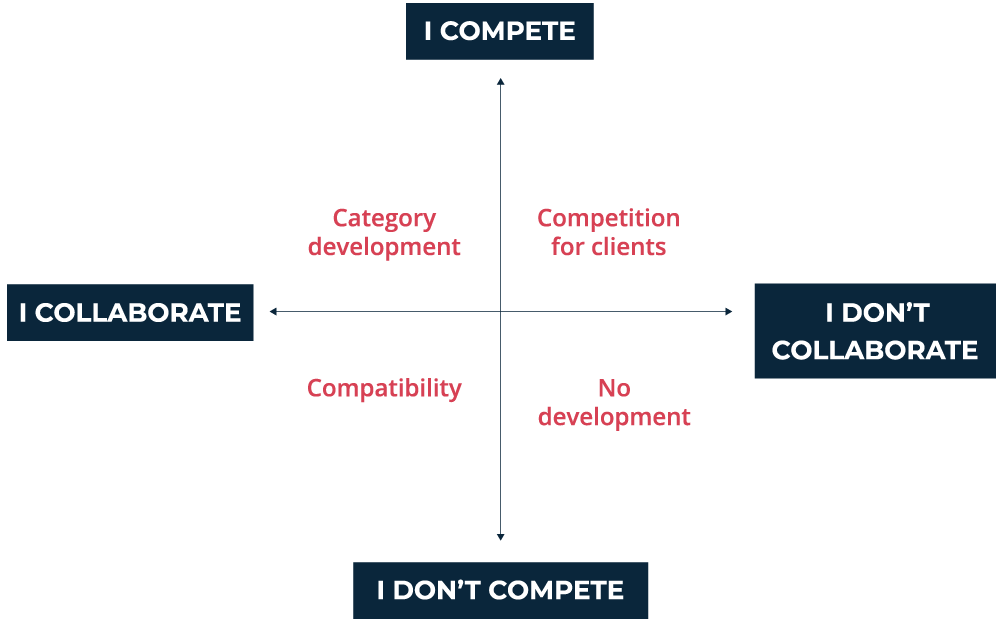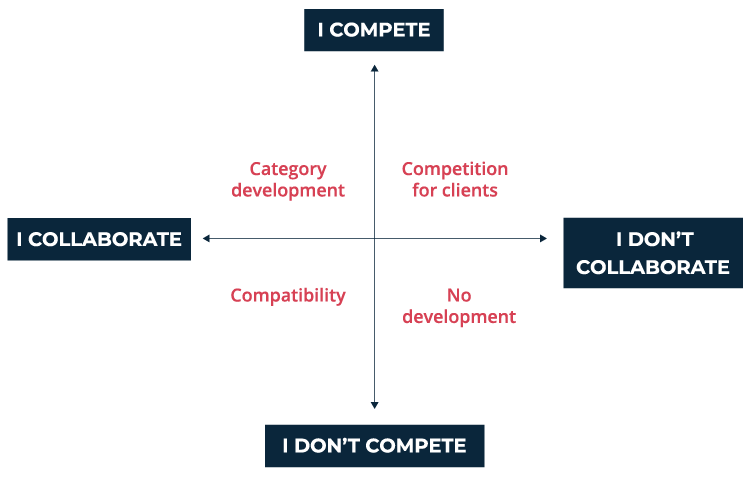Before 2015, managing corporate responsibility could feel like driving through an infinite desert, never knowing when you would run out of gas, with no station in sight. However, the United Nations’ Sustainable Development Goals (SDGs) have improved circumstances considerably.
Supported by the SDGs and new Good Governance Rules, that desert road has begun to look less bleak. In fact, this era of hyper-transparency—marked by social networks, higher public awareness and regulatory pressure around issues such as climate change—has turned that dusty road into a racetrack.
Be prepared for tight turns and efficient pit-stops. The road to a good reputation is unsteady, and sustainability is indispensable for dealing with setbacks, fluctuations and unexpected threats. It’s imperative we know the track, use the right gears and stay smart about our speed.
So, how do we prepare for our race?
Regulations and new political changes
Despite the European Union’s efforts to promote regulation and create social pressure for economic sustainability, its actions have been marred with inefficient national management, unreliable evaluation and follow-up systems and, above all, a lack of comprehension and real commitment.
In Spain, sustainability may not headline debates, but all its political parties are working, to greater or lesser degrees, to capture the public on these issues. For example, after informing the King of his intention to form a government, acting President Pedro Sanchez declared “ecological transition, mitigation and adaptation to climate change” to be his top policy priority.
Although countries with different regulations are slowly making progress toward the 2030 Agenda, the engine of the industry is not legislation, but conscientious consumers. The market provides a virtual map, and industry must do its best to follow it, adapting to customer opinions. And innovation is the fuel for that particular engine.
Transparency
As outlined in the article “Corporate Empathy: A New Approach to Reputation Management,” reputation is based on a simple principle: if you exceed consumer expectations, then you will have a good reputation.
Many of these issues are only exacerbated by the newfound prevalence of fake news, which can become headlines and, according to MIT researchers, spread 7 times faster than accurate news. In a recent study, law firm Garrigues warned of the correlation between the spread of fake news and company reputations, asserting that there is a “clear link between misinformation campaigns and economic effects on companies.”
As a result, transparency ceases to be a luxury, instead becoming an absolute imperative for maintaining your reputation. The leaders in this race must exude maturity, security and coherence in the handling of their data, financial or otherwise.
Competition and new business and consumption models
There have been very recent examples of changes in consumption patterns brought about by new technological advances.
As seen in Fernando de la Rosa’s competition and collaboration matrix, there are four possible scenarios, but only one serves to promote and expand the field through creating of new market opportunities. In order to create these conditions, we need a comprehensive vision based on active listening, constructive dialogue and innovation.



So, how do you make it to first place?
1. Climate Emergency: Business innovations take place faster than legislative change, and if we follow the collaboration/competition matrix, they also drive market growth. This is accomplished by developing the field, sharing knowledge and offering solutions to public policy challenges, especially through concrete objectives much more ambitious than those proposed by the UN.
2. Ecosystem Sustainability: The stability of ecosystem services and the effort we dedicate to their growth and development directly impact socioeconomic stability and increase the likelihood that society will remain as we know it today.
3. Employment Stability and Labor Market Exclusion: Now that we understand the track and have thoroughly prepared, let’s review the three main buttons we need to get moving: Leadership, Alliance and Responsibility (LAR).
It is clear that companies must lead the way. However, in our complex and hyper-transparent society, the leadership models are shifting. In the first industrial revolution, companies responded to societal challenges with philanthropic and paternalistic measures, but now they must work to win back public confidence by evolving their leadership style into one of transformation and collaboration, one oriented toward talent creation across all areas.
And now the second button comes into play. Our vehicle is quickly accruing companions. These alliances may help break through the barrier of mistrust between companies and society, or even between fellow companies, which may have been competitors until only recently.
Finally, responsibility must be the frame that holds our entire vehicle together. The concept of “responsibility” has evolved away from expressions of guilt toward a holistic practice of maintaining balance between who we are and how we impact our environment.



